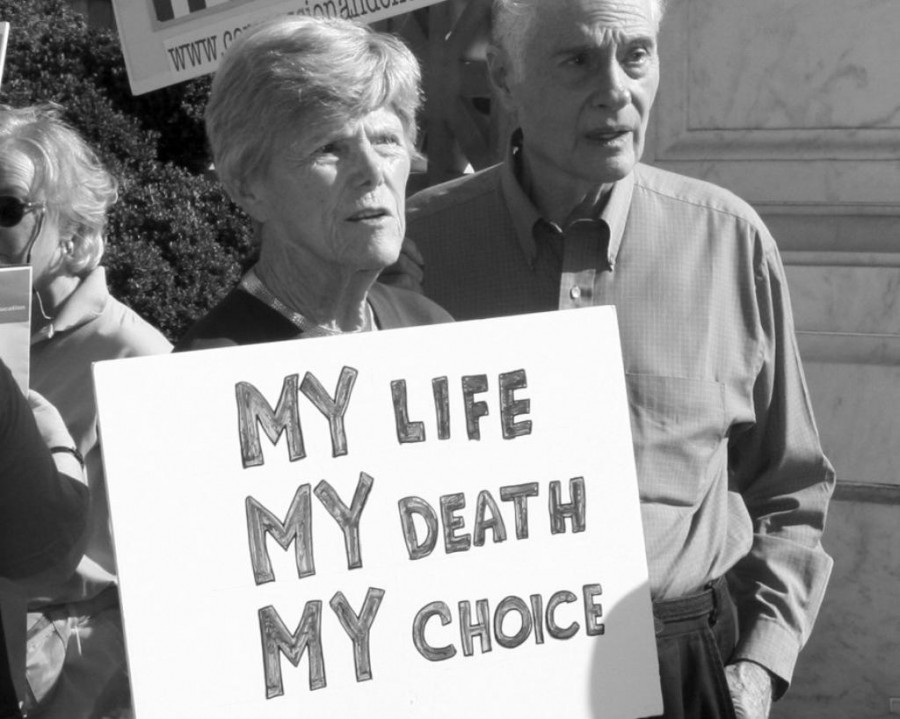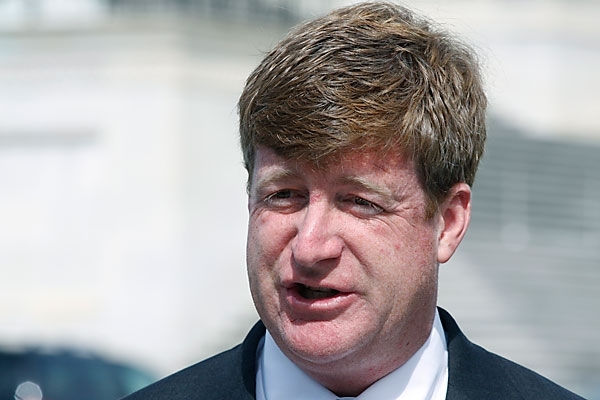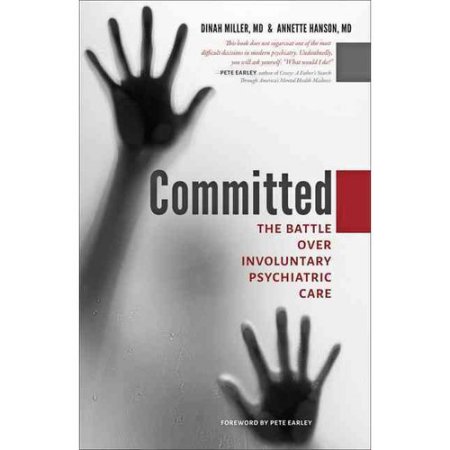
Photo courtesy of eideard.com: Patients campaign for the Death with Dignity Act.
(11-16-16) Should psychiatrists participate in euthanizing individuals with mental illnesses?
A Maryland psychiatrist, author and popular blogger, is raising an alarm about the role of psychiatry in the growing number of “Death with Dignity” laws being adopted across the nation. On Tuesday, the District of Columbia joined six states in approving laws that allow doctors to prescribe fatal drugs to terminally ill residents so that they can choose to end their lives.
Dr. Annette Hanson, co-author of the recently released book, COMMITTED, contacted me before the D.C. vote to explain why she believes assisted suicide laws may have unintended consequences when it comes to persons with mental illnesses or brain disorders such as dementia. In an email, she wrote:
I first became alarmed after California created the first law to mandate that public institutions must provide fatal care. (Title 9 of the California Code of Regulations, Section 4601, requires state psychiatric hospitals to provide assisted suicide services to seriously mentally ill patients) Upon receipt of a court order, a hospital must facilitate a patient’s suicide and even carry out the death on site. Doctors who refuse to participate could face fines or even incarceration for contempt of court.
These laws will have a devastating effect on efforts to care for very sick people. Some psychotic people refuse psychiatric medication because they believe the pills are poison—now there is a valid reason for that belief. Trust is essential to provide care to these patients, and the knowledge that the hospital helps people kill themselves would destroy that trust.

 (11-7-16) Ken Gladieux was diagnosed with a mental illness when he was 28. Even so, he finished medical school, became a psychiatrist, married and started a family. In 2009, he moved to Lynchburg, Virginia to a new practice. Thirteen days later, he ended his own life.
(11-7-16) Ken Gladieux was diagnosed with a mental illness when he was 28. Even so, he finished medical school, became a psychiatrist, married and started a family. In 2009, he moved to Lynchburg, Virginia to a new practice. Thirteen days later, he ended his own life.




